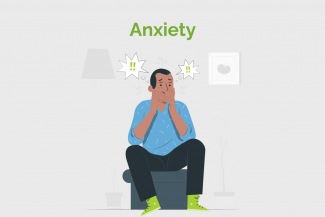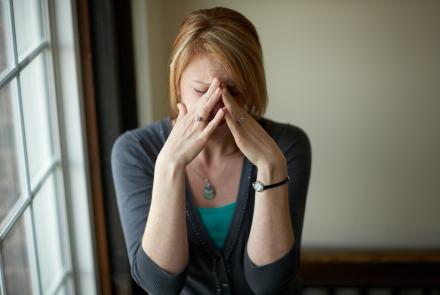
Can anxiety be prevented
Everything from your activity level to your social life affects anxiety. Set the stage for success by making a conscious decision to promote relaxation, vitality and a positive mental outlook in your everyday life.
Learn about anxiety. In order to overcome anxiety, it’s important to understand the problem.
Cultivate your connections with other people. Loneliness and isolation set the stage for anxiety. Make it a point to see friends; join a self-help or support group; share your worries and concerns with a trusted loved one.
Adopt healthy lifestyle habits. Physical activity relieves tension and anxiety, so make time for regular exercise. Exercise is a natural stress buster and anxiety reliever. To achieve the maximum benefit, aim for at least 30 minutes of aerobic exercise on most days.
Reduce stress in your life. Examine your life for stress, and look for ways to minimize it. Avoid people who make you anxious, say no to extra responsibilities, and make time for fun and relaxation in your daily schedule.
Practice relaxation techniques. When practiced regularly, relaxation techniques such as meditation, progressive muscle relaxation, and deep breathing can reduce anxiety symptoms and increase feelings of relaxation and emotional well-being.
Adopt healthy eating habits. Start the day right with breakfast, and continue with frequent small meals throughout the day. Going too long without eating leads to low blood sugar, which can make you feel more anxious.
Reduce alcohol and nicotine. They lead to more anxiety, not less.
Get enough sleep. A lack of sleep can exacerbate anxious thoughts and feelings, so try to get 7 to 9 hours of quality sleep a night.










